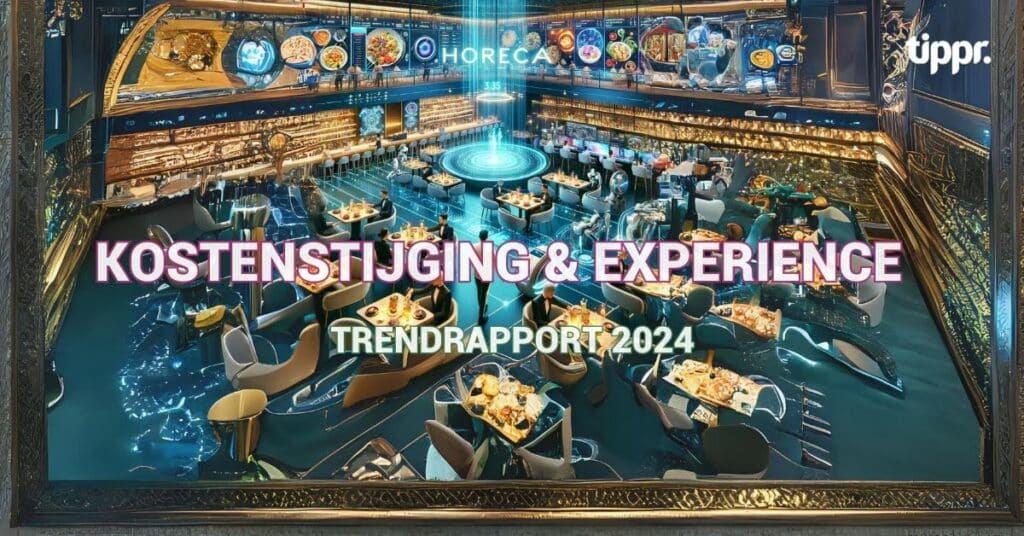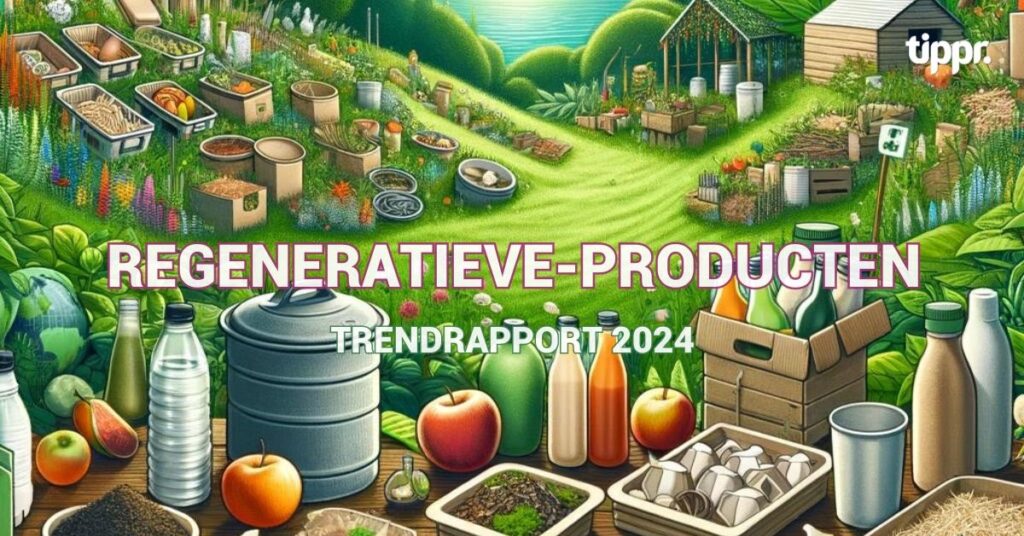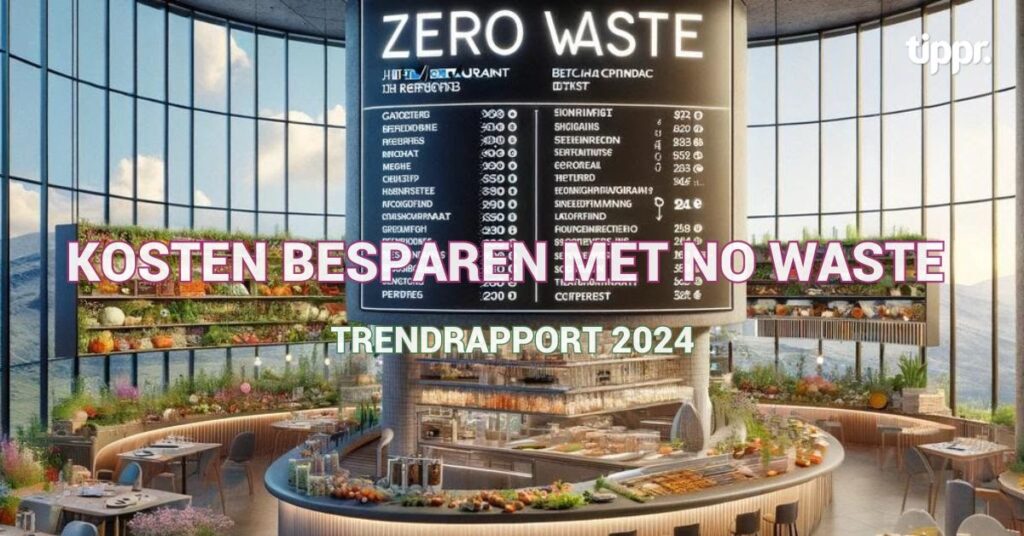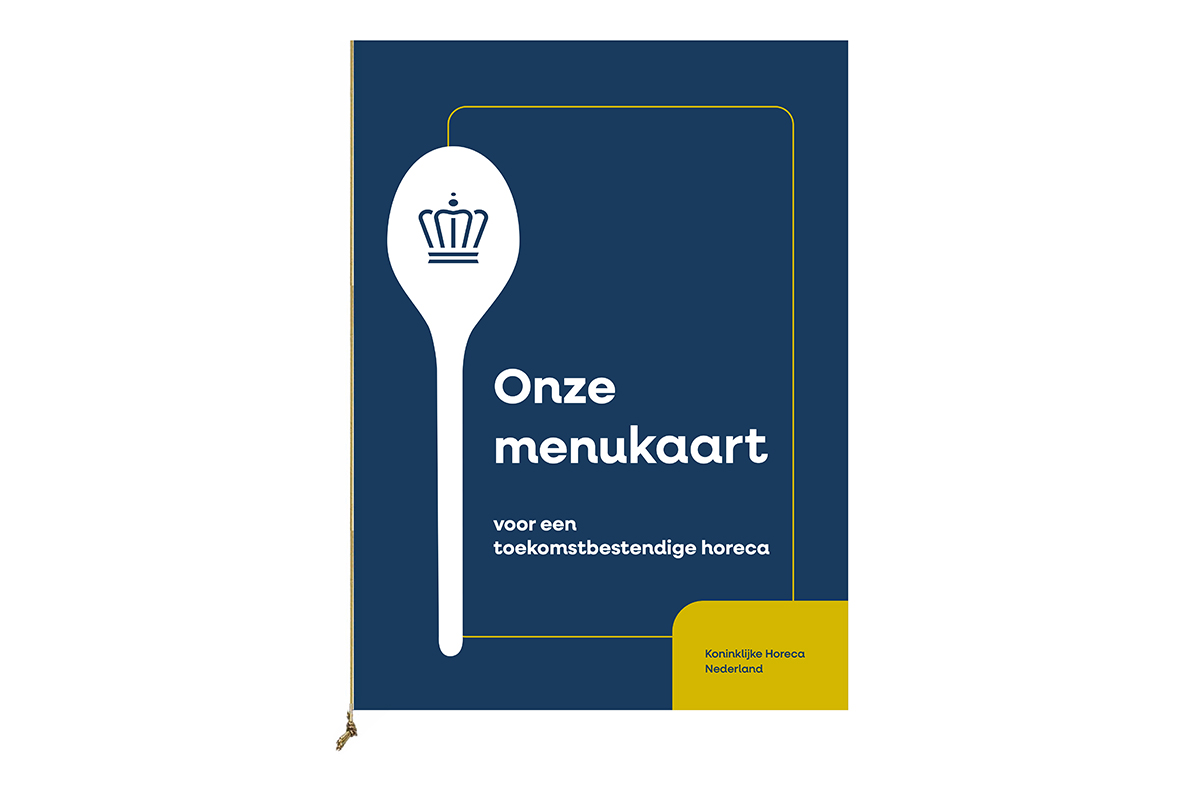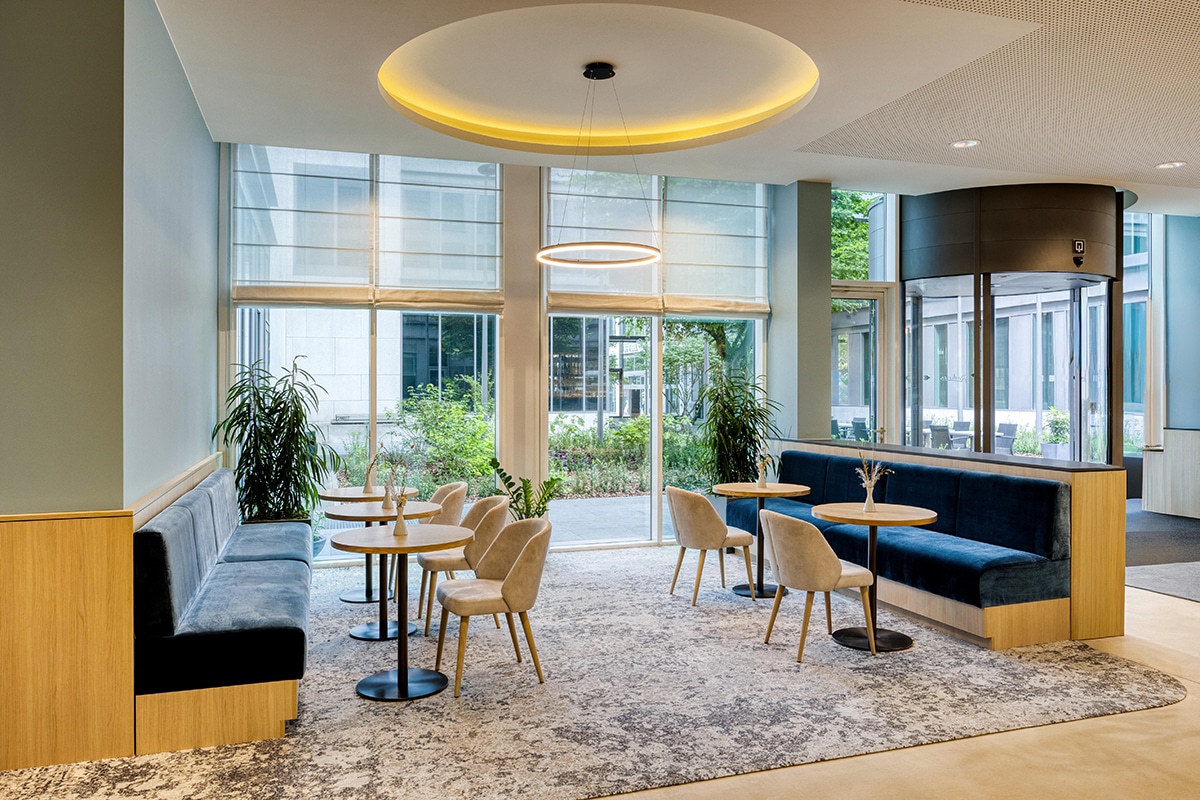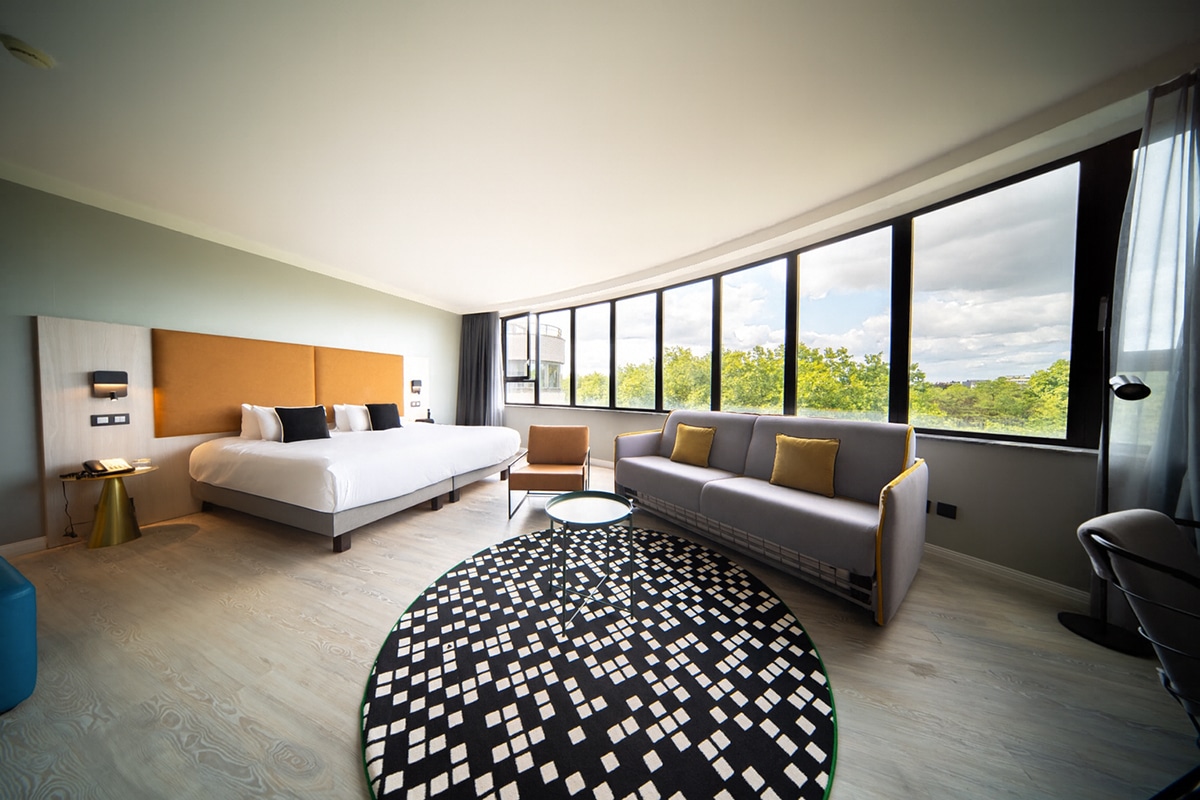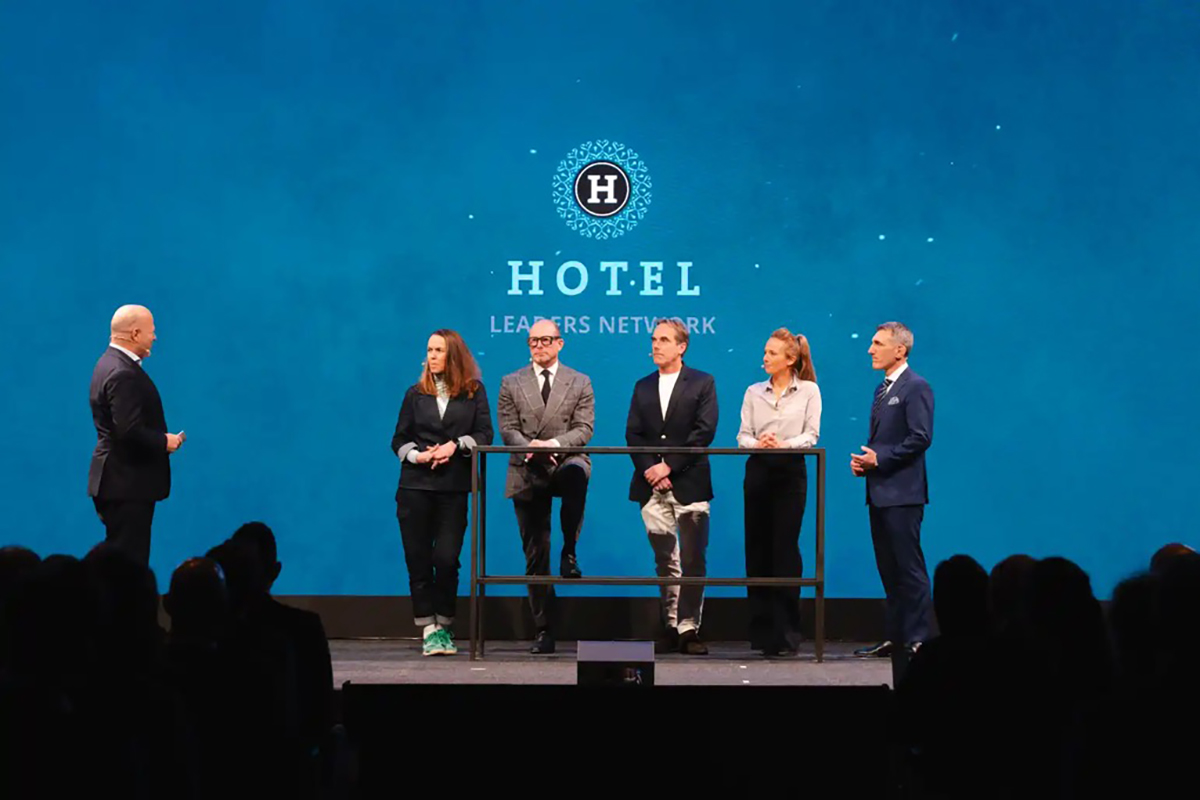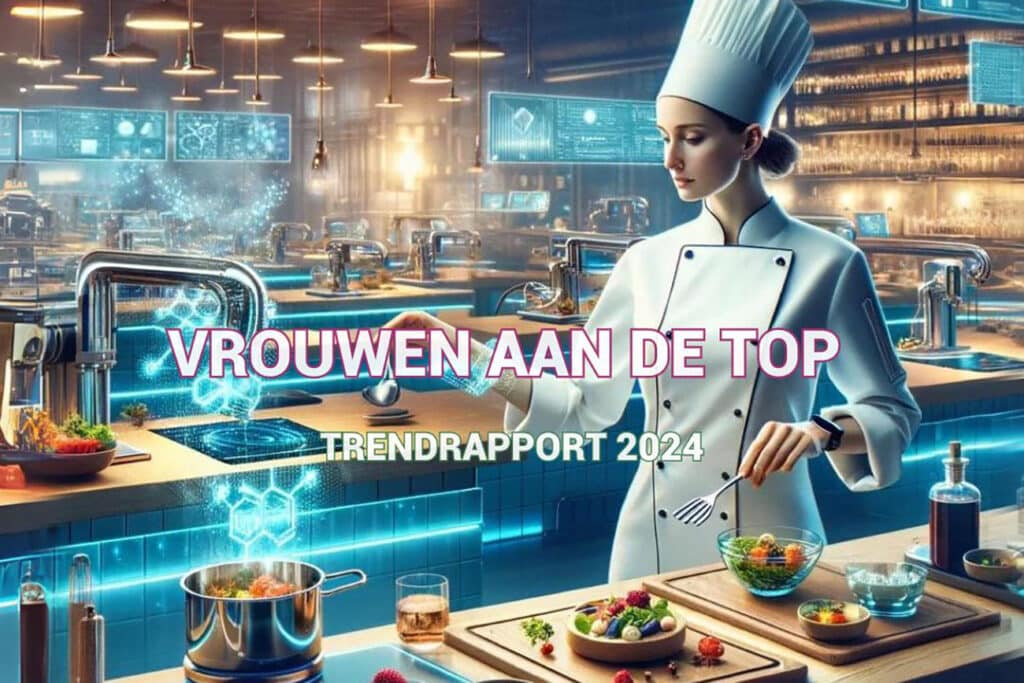
Women at Power, Biohacking and No Waste at Top: The Trends Shaping Hospitality in 2024
Leading platform TIPPR today published its "Hospitality Hacking" trend report, with insights that will transform the hospitality industry in the coming years. It reveals a future where hospitality entrepreneurs must push the boundaries of innovation to respond to rising costs.
From biohacking and the rise of regenerative biotech products to a powerful rise of women at the top in the foodservice industry, the report highlights how a sustainable, health-conscious and gender inclusive approach is key to success for the hospitality industry. TIPPR therefore identifies a paradigm shift in the industry, driven by technological innovation and a deeper understanding of consumer psychology.
Highlights of the report are:
- Biohacking, focusing on healthier life choices and gut health.
- The need for increased 'Experience' due to cost increases.
- The rise of regenerative products and biotech for a more sustainable future.
- A shift towards female leadership within foodservice, less testosterone and more oestrogen.
- The transition to No Waste restaurants, where cost savings and sustainability are key.
This report highlights a future where the hospitality industry not only serves food, but has to play a crucial role in health, innovation and no waste driven by rising costs. It highlights the growing involvement of guests in their food choices, spurred by developments such as biohacking and personalised diets based on genetic information.
"Hospitality Hacking" argues that the hospitality industry must respond with more than just good food; it must offer a complete experience that justifies the price, both within the walls of the restaurant and beyond. The report reveals that guests are willing to wait and pay for quality and authenticity, which explains the popularity of long queues at trendy eateries.
Importantly, the report also highlights the rising influence of women entrepreneurs and the values of Gen Z, who are redefining industry and education norms and advocating for flexible work options, technological integration and sustainability.
These trends, manifested in the demand for authentic and local dining experiences, as well as the need to combat waste, are prompting hospitality operators to rethink their business models.
The report is not just a theoretical treatise, but a practical guide, complete with in-person consultations for which the TIPPR app was developed, to guide hospitality teams in implementing these no-waste trends. It highlights a world where the environmental footprint is reduced while enriching guest experiences and improving guest health.
Read here more, the full report is available on press request.


